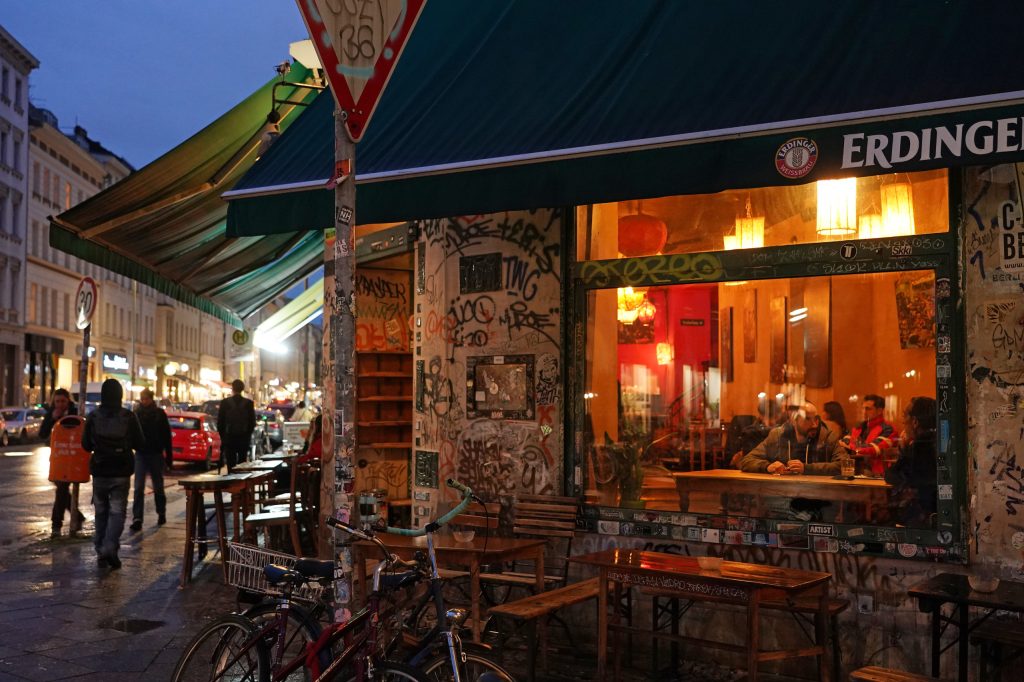Germany is edging towards revolt. Twelve of the country’s 16 federal states have brought in ‘accommodation bans’, forbidding travelers in high-risk areas from visiting other regions without proof of a recent negative test.
These risk areas include four out of five of Germany’s largest cities as well as any Landkreis (or administrative districts) that have recorded more than 50 new cases per 100,000 residents within the last seven days. According to this metric, both Berlin and Frankfurt are now high risk areas. Berlin has recorded 61.3 infections per 100,000 residents over the past week, leading the city government to introduce its first ban on all-night drinking since 1949.
Other local politicians who have become increasingly concerned about a potential second wave have also made their first legislative steps, including tightly regulating the opening hours of restaurants and increasing fines for breaches of existing rules. The general concern is that dense urban centers are turning into hubs for so-called ‘super-spreaders’ because people do not and often cannot obey physical distancing rules in everyday life. Party hotspots like Berlin-Kreuzberg have also seen a steep rise in the number of new cases in recent weeks following a summer in which restrictions were incrementally loosened.
[special_offer]
Local German governments are currently facing mutiny against the accommodation ban, which is widely seen as a first step towards a total travel ban within Germany. Hotel associations and politicians across the spectrum have criticized the ban, arguing that there is little evidence that travel within Germany is spreading the virus. Hans-Jurgen Papier, the former president of Germany’s federal constitutional court, went one step further by saying that such a ban was likely to be unconstitutional.
Even Karl Lauterbach, a representative of the governing Social Democrats and one of the loudest voices during this pandemic, regularly calling for discipline and patience among citizens, has said the ban was a mistake. ‘There are no studies showing that journeys inside Germany are driving the pandemic,’ he told the Süddeutsche Zeitung newspaper. ‘You won’t solve any problems with these regulations, because there is no problem.’
Chancellor Angela Merkel is currently under pressure as she attempts to avoid another lockdown. She and her advisers believe that they can suppress the pandemic with measures that only affect parts of public life. If the plan does not work out, Merkel could face a political nightmare in 2021.
This article was originally published onThe Spectator’s UK website.


















